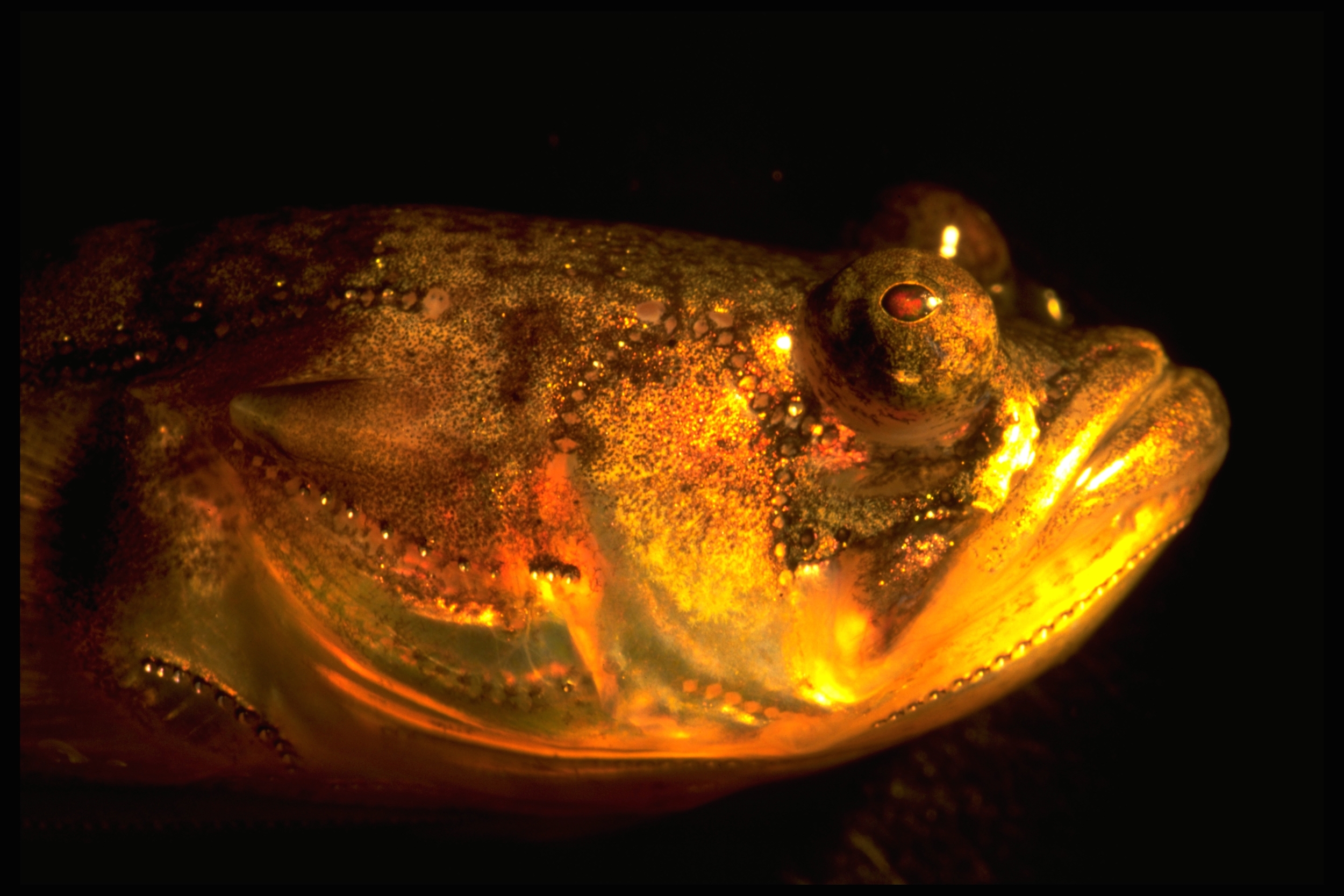How the brain enables individuals to select, sequence and discriminate different patterns of activity remains a major challenge facing neuroscience. Social communication behaviors in teleost fishes, the largest group of living vertebrate species, are particularly tractable models for addressing this question. They are often highly stereotyped, differ in a finite set of easily quantified features, and depend on precise patterns of neural activation in experimentally accessible brain regions. For the past 25 years our research program has largely focused on a highly vocal species of fish, the plainfin midshipman - Porichthys notatus, aka the “California Singing Fish”.
During the past few years, we have been especially excited to use Danionella fishes, which are tiny minnows that remain transparent throughout their entire lives, to develop new models to visualize neuronal activity of the entire adult brain during ongoing behavior.


